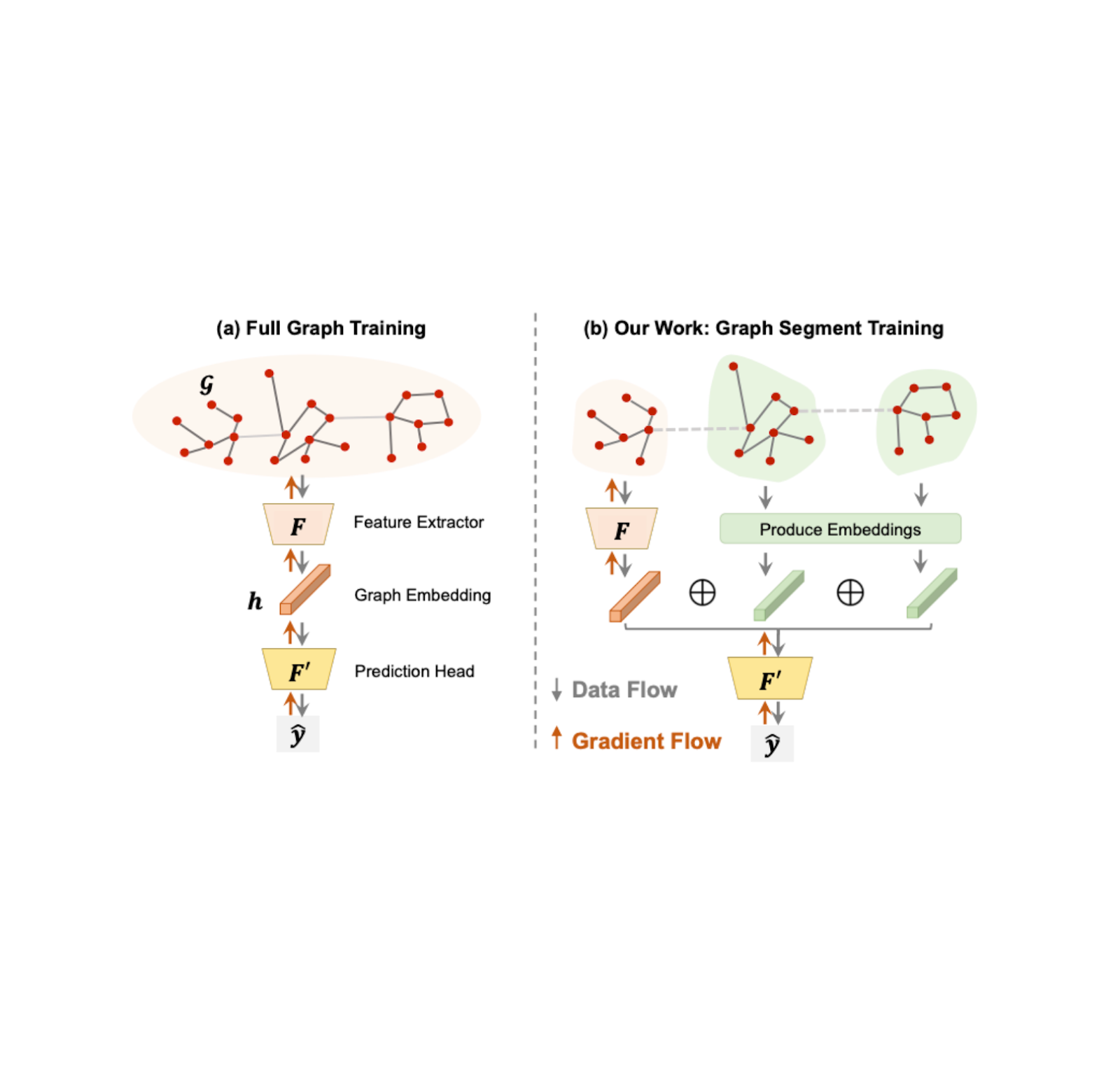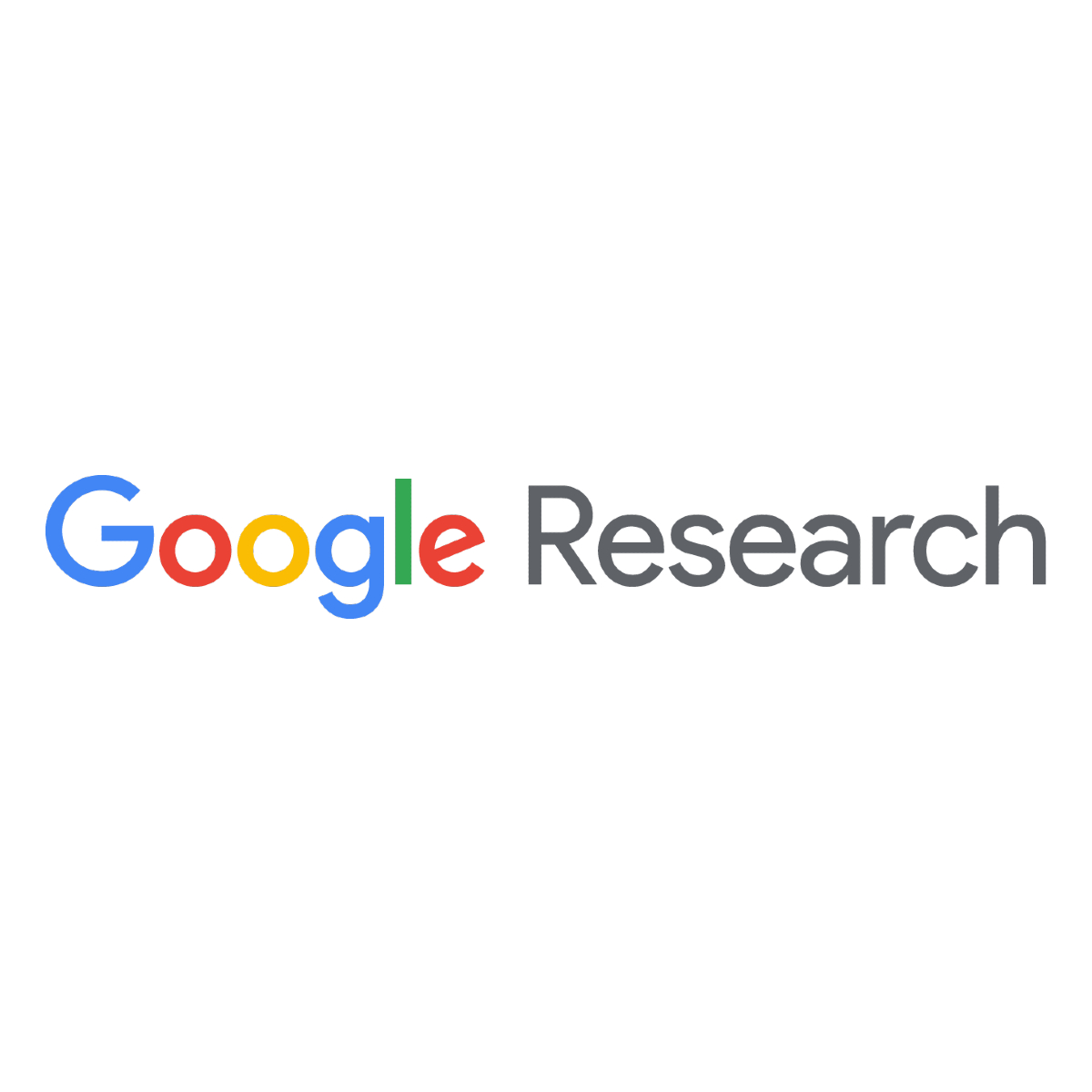
Education in the Cloud
July 27, 2012
Posted by Andrea Held, University Relations
In the last 10 years, we’ve seen a major transition from stand-alone applications that run on desktop computers to applications running in the cloud. Unfortunately, many computer science students don’t have the opportunity to learn and work in the cloud due to a lack of resources in traditional undergrad programs. Without this access students are limited to the resources their school can provide.
So today, we’re announcing a new award program: the Google App Engine Education Awards. We are excited because Google App Engine can teach students how to build sophisticated large-scale systems in the cloud without needing access to a large physical network.
Google App Engine can be used to build mobile or social applications, traditional browser-based applications, or stand-alone web services that scale to millions of users with ease. The Google App Engine infrastructure and storage tools are useful for collecting and analyzing educational data, building a learning management system to organize courses, or implementing a teacher forum for exchanging ideas and practices. All of these adaptations of the Google App Engine platform will use the same infrastructure that powers Google.
We invite teachers at universities across the United States to submit a proposal describing how to use Google App Engine for their course development, educational research or tools, or for student projects. Selected proposals will receive $1,000 in App Engine credits.
If you teach at an accredited college, university or community college in the US, we encourage you to apply. You can submit a proposal by filling out this form. The application deadline is midnight PST August 31, 2012.


